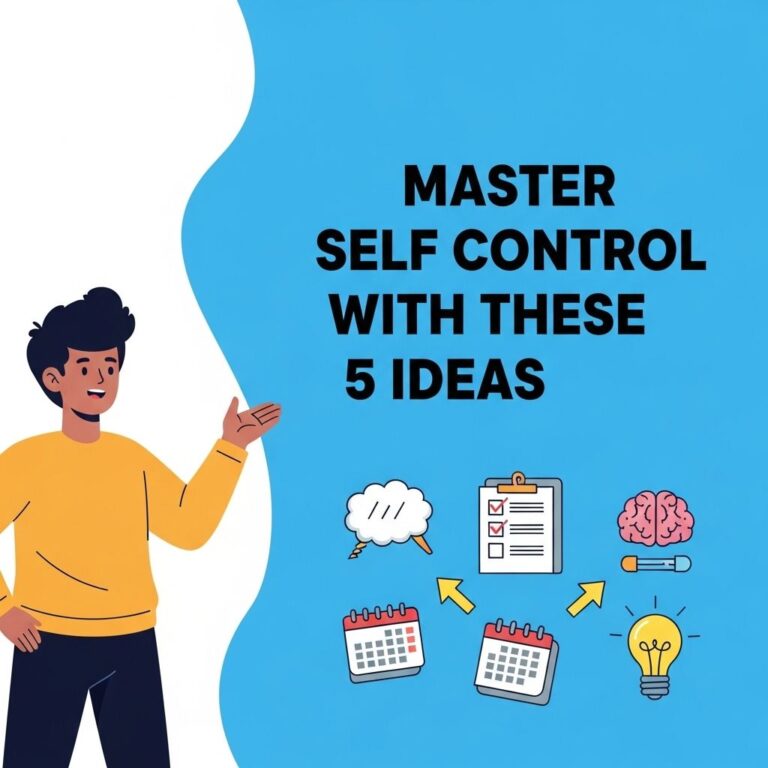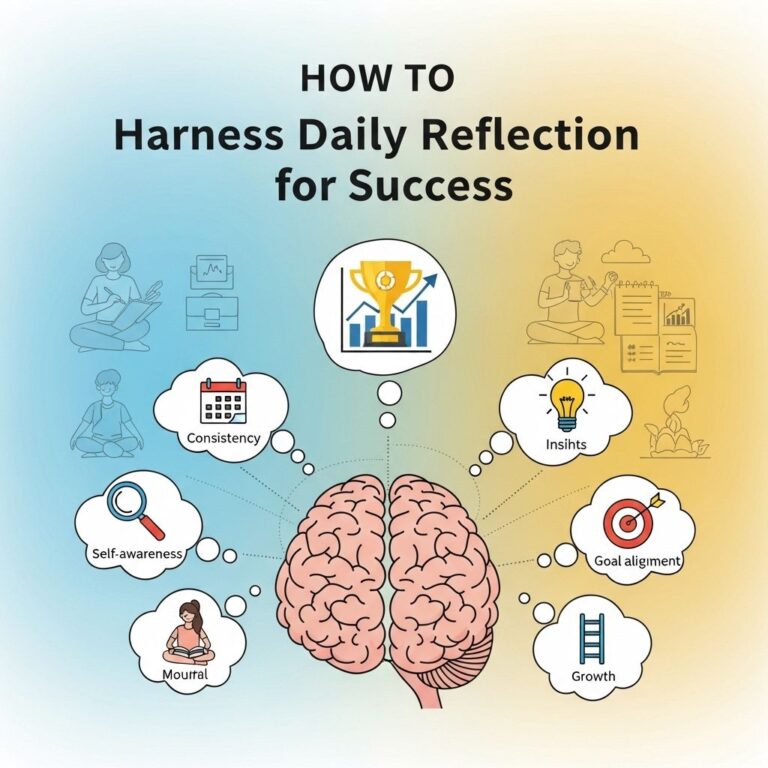In our fast-paced world, where information is abundant and distractions are everywhere, taking a moment to reflect can feel like a luxury few can afford. However, daily reflection is more than just a fleeting thought; it’s a powerful tool for personal growth, decision-making, and overall well-being. This article delves into the art and science of daily reflection, exploring techniques, benefits, and actionable steps to make it a part of your daily routine.
Table of Contents
The Concept of Daily Reflection
Daily reflection involves taking time at the end of each day to think about what has happened, what you’ve learned, and how you can improve. It allows you to pause and evaluate your experiences, fostering deeper understanding and personal development.
Why Reflect Daily?
Engaging in daily reflection yields numerous benefits:
- Improved Self-Awareness: Regular reflection helps you understand your thoughts, feelings, and actions, leading to greater self-awareness.
- Enhanced Decision-Making: Reflection provides the mental space to consider past decisions, making you more thoughtful and intentional in future choices.
- Stress Reduction: Taking time to process your day can alleviate stress, promoting mental clarity and emotional balance.
- Goal Achievement: Reflecting on your daily progress keeps you aligned with your goals and helps you adjust your strategies as needed.
Tips to Implement Daily Reflection
Incorporating daily reflection into your routine doesn’t need to be complicated. Here are some practical tips to get started:
1. Set a Specific Time
Choose a consistent time each day for your reflection, whether it’s in the morning, during lunch, or before bedtime. Consistency builds habit.
2. Create a Comfortable Space
Designate a quiet, comfortable space where you can sit down with your thoughts without distractions.
3. Use a Journal
Writing in a journal is a powerful way to articulate your thoughts and feelings. Consider using the following structure:
| Section | Details |
|---|---|
| Gratitude | List at least three things you’re grateful for. |
| Highlights | Write about the best moments of your day. |
| Challenges | Note any difficulties you faced and your responses to them. |
| Lessons Learned | Summarize key takeaways from your day. |
| Goals for Tomorrow | Set clear intentions or goals for the next day. |
4. Ask Reflective Questions
To deepen your reflection, consider pondering the following questions:
- What went well today?
- What could I have done differently?
- What emotions did I experience, and why?
- How did my actions align with my values?
5. Limit Your Reflection Time
While deep reflection is beneficial, it’s important to keep it manageable. Aim for 10-15 minutes to maintain focus and avoid it feeling like a chore.
Types of Reflection Techniques
There are various techniques to enhance your reflection practice. Here are some popular ones:
1. Mind Mapping
Mind mapping is a visual tool that can help you organize your thoughts and ideas. Use it to explore connections between different aspects of your day.
2. Guided Meditation
Incorporating meditation into your reflection practice can help quiet your mind and enhance self-awareness. Use apps or online resources to find guided meditations focused on reflection.
3. Group Reflection
Sometimes discussing your day with others can provide new insights. Consider joining or forming a group where you can share experiences and learn from one another.
Measuring the Impact of Reflection
To truly harness the power of daily reflection, it’s essential to track its impact on your life. Here are some ways to measure its effectiveness:
1. Journaling Over Time
Review your journal entries periodically to identify patterns and personal growth over time.
2. Emotional Check-Ins
At the start and end of each week, assess your emotional well-being. How has reflecting influenced your mood and mindset?
3. Goal Progress
Set specific goals and note your progress regularly. Reflection should ideally guide you towards achieving these goals.
Common Challenges and Solutions
While the benefits of daily reflection are clear, several common challenges may arise:
1. Lack of Time
Finding time in a busy schedule can be difficult. Try integrating reflection into existing routines, such as during your commute or before bed.
2. Difficulty Reflecting
If you struggle to articulate your thoughts, consider using prompts or structured journaling methods to guide your reflection.
3. Overthinking
Reflection should be constructive, not stressful. If you find yourself overanalyzing, set a timer and focus on simplicity—what did you learn today?
Conclusion
Daily reflection can transform the way you understand and engage with your life. By dedicating just a few minutes each day to this practice, you can cultivate a deeper awareness of yourself, improve decision-making, and reduce stress. Remember, the journey of self-discovery is ongoing, and daily reflection is a powerful companion on this path. Start small, be consistent, and watch how your life transforms through the insights gained from your reflections.
FAQ
What is daily reflection and why is it important?
Daily reflection is the practice of reviewing your experiences, thoughts, and feelings at the end of each day. It is important because it helps you gain insights, learn from your experiences, and enhance personal growth.
How can I start a daily reflection practice?
To start a daily reflection practice, set aside a few minutes each day to write down your thoughts, feelings, and lessons learned. Choose a consistent time and place to make it a habit.
What are some effective techniques for daily reflection?
Effective techniques for daily reflection include journaling, asking yourself reflective questions, meditating, and discussing your day with a trusted friend or mentor.
How does daily reflection contribute to personal growth?
Daily reflection contributes to personal growth by allowing you to identify patterns in your behavior, recognize your strengths and weaknesses, and set goals for improvement.
Can daily reflection improve mental well-being?
Yes, daily reflection can improve mental well-being by promoting mindfulness, reducing stress, and providing clarity on your emotions and experiences.
How long should I spend on daily reflection?
Spending 5 to 15 minutes on daily reflection is usually sufficient. The key is consistency rather than duration.









